Terminator 7 is on ice, not for lack of interest but because James Cameron says reality is moving faster than fiction. In an August 6, 2025 CNN conversation, he admitted he is “at a point right now where I have a hard time writing science fiction,” was “tasked with writing a new Terminator story,” and “doesn’t know what to say that won’t be overtaken by real events.” [1]
Key Takeaways
– Shows Cameron, on Aug 6, 2025, hesitant to write Terminator 7, fearing ideas will be overtaken by real events linked to AI and nuclear risks. – Reveals a minimum three-year production lag could date a new sci‑fi film, with concepts outpaced by real-world developments during that window. – Demonstrates the franchise’s historic benchmarks—1984 and 1991—now compete with 2019’s post-Dark Fate reset and 2025’s rapid AI acceleration. – Indicates Cameron’s 2025 slate, from Avatar: Fire and Ash to Ghosts of Hiroshima, complicates immediate bandwidth for a timely Terminator 7 reboot. – Suggests mixing AI with weapons systems—his July 2025 warning—raises stakes for storytelling choices and public policy relevance in any new installment.
Why Terminator 7 Is Stalled by Real-World AI
Cameron’s candid on-air admission sets a clear bar: when the nightly news feels like speculative fiction, sci‑fi risks irrelevance by the time it premieres. He linked his hesitation to AI and nuclear risk, saying he doesn’t want to write something that “won’t be overtaken by real events,” an unusually explicit acknowledgment that real-world technology is outrunning the franchise’s speculative edge. [1]
That pressure is intensified by a public and policy discourse where AI safety concerns are now mainstream. Cameron has repeatedly warned that combining autonomous AI with weapons systems could, in his words, edge toward a “Terminator‑style apocalypse,” pushing filmmakers to either confront these stakes head-on or risk trivializing them. The gravity of that warning complicates attempts to craft an entertaining blockbuster without undercutting its own cautionary thesis. [3]
Production Math: The Three-Year Lag That Worries Cameron
A practical hurdle compounds the creative puzzle: production cycles. In 2024, Cameron told Bill Gates that the minimum production lag for a large-scale sci‑fi film is about three years, meaning any timely concept drafted today risks feeling stale—or naïve—by release. That window, he argued, allows AI advances to leapfrog filmmakers’ imagined scenarios and flatten narrative impact. [4]
The math is straightforward. Even if scripting began immediately, a modern franchise entry faces at least several development steps—script iteration, pre‑visualization, principal photography, VFX phases, test screenings, and global marketing—before a wide release. Cameron’s three‑year baseline is not a padded estimate but a caution about how time compresses originality in an era when breakthroughs arrive monthly rather than in multi‑year waves. [4]
A Franchise Facing 2019’s Aftermath and 2025’s Acceleration
The Guardian frames Cameron’s hesitation as part of a broader cultural turn: “we are living in a science‑fiction age right now,” which blurs the line between allegory and the evening briefing. It also notes the franchise’s context—a celebrated legacy from 1984 and 1991 overshadowed by a post‑2019 recalibration after Dark Fate—making a new reboot a reputational risk if it cannot say something distinctly modern. [2]
Industry chatter captured by trade coverage has echoed this uncertainty. Reporting in August 2025 recounts Cameron’s desire to “let the smoke clear,” while insiders debate rights implications and potential strategies for another reset. The takeaway is not a lack of will but a strategic pause: if the world is rewriting the premise every quarter, a hasty sequel could misfire creatively and commercially. [5]
What Terminator 7 Would Need to Say Next
If Terminator 7 moves forward, it will have to reconcile two tensions. First, how do you dramatize AI risk when daily headlines already stage the set pieces? Second, how can a narrative avoid being pinned to the news cycle while remaining relevant to 2025’s public anxieties? Cameron’s own phrase—unsure “what to say that won’t be overtaken”—implicitly calls for a framework less dependent on any single AI capability and more rooted in enduring questions about control, accountability, and human agency. [1]
A durable path might emphasize governance over gadgets—who decides how AI is deployed, audited, or contained—rather than betting the plot on a narrow technical mechanism that could be outmoded by release. That approach aligns with Cameron’s broader comments linking AI to nuclear‑scale risk and public policy stakes, suggesting a story architecture sturdy enough to weather rapid technical churn without being invalidated by a single breakthrough. [1]
The Cultural Barometer: From 1984 and 1991 to 2025
The original Terminator (1984) and Terminator 2 (1991) distilled the era’s anxieties about automation, surveillance, and deterrence into clean narrative engines—machines in opposition to messy human resilience. Today, the bar is higher: actors, lawmakers, and citizens already debate model alignment, misuse, and dual‑use risks in real time, and the culture expects nuance as well as spectacle. The Guardian’s assessment highlights this shift and the higher standard it implies for a reboot’s premise. [2]
Positioning Terminator 7 in that lineage requires more than updated iconography. The story would need to interrogate distributed systems, human‑in‑the‑loop failures, and cascade risks without offering easy fixes. That’s a heavier lift than swapping set pieces; it is an architectural rethink consistent with Cameron’s reluctance to sprint toward production before the themes cohere. [2]
Risk, Responsibility, and Cameron’s 2025 Slate
Cameron isn’t only managing creative risk; he is also balancing a high‑visibility slate. In July 2025, coverage of his comments tied his AI warnings to an active pipeline including Avatar: Fire and Ash and a Ghosts of Hiroshima adaptation. These projects underscore that his bandwidth is divided, and that any decision on Terminator 7 must earn its place amid commitments and a stated desire to avoid premature messaging on AI. [3]
This workload does not preclude a Terminator revival, but it raises the threshold for greenlighting a story that still feels relevant upon release. With advocacy, global outreach, and franchise stewardship on his plate, Cameron’s timeline favors patient development over a quick pivot, consistent with his call to avoid being overtaken by events. [3]
Terminator 7 and the Three-Year Clock
The three‑year clock is not just a production quirk—it’s a strategic variable. Consider a hypothetical: a script locked in late 2025 enters production in 2026 and targets a 2028 release. In AI terms, that spans multiple product cycles, regulatory shifts, and unforeseen capabilities. Cameron’s 2024 warning to Gates implies a structural exposure: the longer the lag, the greater the odds the film’s thesis lags reality. [4]
Mitigations exist—modular scripts, late‑stage inserts, adaptive VFX workflows—but they can’t fully substitute for a premise designed to age well. The safest bet is a narrative that abstracts from specific AI features and instead dramatizes governance dilemmas, human oversight breakdowns, and unintended interactions among complex systems—issues less likely to be nullified by a single year’s progress. [4]
The August 2025 Inflection Point
Cameron’s August 6, 2025 remarks sharpened the line between spectacle and responsibility. By invoking AI and nuclear risk in the same breath, he signaled that frivolous treatment could feel tone‑deaf, while heavy‑handed messaging could sap the franchise’s energy. That balancing act explains the current stall: Terminator 7 must justify itself as both cinema and cultural commentary that outlasts this year’s news cycle. [1]
The Guardian’s August 18, 2025 analysis reads those remarks as part of a broader shift—audiences now live in “a science‑fiction age,” so the franchise must add value beyond tech‑thriller tropes. That means acknowledging policy debates and real‑world stakes without lapsing into didacticism. Getting that equilibrium right is a non‑trivial creative challenge. [2]
Safety Stakes and Story Stakes
Cameron’s July 2025 warning about “Terminator‑style” outcomes if AI is integrated with weapons systems is not a marketing flourish; it is a boundary condition. It suggests any new film should at least reflect the plausibility that harm can come from system integration errors, escalation dynamics, or loss of human oversight, not from sentience alone. That reframing would align with his public comments and today’s risk models. [3]
If Terminator 7 embraces that lens, antagonism could shift from a singular rogue AI to a chain of institutional failures—procurement shortcuts, testing gaps, or interoperable systems operating in unanticipated ways. By focusing on governance and responsibility, the film could remain thematically current over a three‑year arc, sidestepping the trap of predicting next year’s exact capability. [3]
Industry Signals and Rights Chess
Reporting around August 2025 notes an industry debate over how, when, and by whom the franchise should be repositioned, including rights considerations and potential bids for a reboot. The phrase “let the smoke clear” captures both caution and calculation: move too soon, and the market may reject a half‑formed thesis; move too late, and the brand risks drift. The consensus: timing and framing will decide the next chapter. [5]
Those signals dovetail with Cameron’s on‑record stance: he is “tasked with writing a new Terminator story” but reluctant to commit until there is something resilient to say. That combination—mandate plus restraint—is the hallmark of a franchise still alive to its own relevance test, not one content to repeat itself. [1]
What Terminator 7 Could Offer—Without Being Overtaken
The most robust path forward is to use AI not as a gadget but as a mirror for human systems: oversight, incentives, and accountability. The Guardian’s cultural read supports that pivot; it casts the moment as one where science fiction’s value lies in clarifying stakes, not forecasting exact code paths. That is the kind of story architecture that can endure a three‑year clock and still feel urgent on arrival. [2]
Cameron has navigated this problem before—Aliens and T2 weren’t just tech demos; they were arguments about courage, care, and control. His 2025 remarks imply he knows the next Terminator must again find that durable core, one that outlasts the unpredictable, headline‑driven pace of AI. If he can lock that frame, the franchise can restart on solid ground. [1]
Sources:
[1] CNN (transcript) – Transcripts: Amanpour & Company — August 6, 2025: https://transcripts.cnn.com/show/ampr/date/2025-08-06/segment/01
[2] The Guardian – The AI future is too scary even for James Cameron. Where can the Terminator franchise go from here?: www.theguardian.com/film/2025/aug/18/the-ai-future-is-too-scary-even-for-james-cameron-where-can-the-terminator-franchise-go-from-here” target=”_blank” rel=”nofollow noopener noreferrer”>https://www.theguardian.com/film/2025/aug/18/the-ai-future-is-too-scary-even-for-james-cameron-where-can-the-terminator-franchise-go-from-here [3] People – James Cameron Warns of Danger of ‘”Terminator”-Style Apocalypse’ If AI Is Used with ‘Weapons Systems’: https://people.com/james-cameron-warns-danger-terminator-style-apocalypse-ai-weapons-11787312
[4] Business Insider – James Cameron told Bill Gates that it’s ‘getting hard to write science fiction’ in the world of AI: www.businessinsider.com/james-cameron-bill-gates-ai-hard-write-science-fiction-2024-9″ target=”_blank” rel=”nofollow noopener noreferrer”>https://www.businessinsider.com/james-cameron-bill-gates-ai-hard-write-science-fiction-2024-9 [5] JoBlo – James Cameron Says the Current State of AI Is Making It Difficult to Come Up with a Worthwhile Terminator Script: www.joblo.com/james-cameron-ai-terminator-script/” target=”_blank” rel=”nofollow noopener noreferrer”>https://www.joblo.com/james-cameron-ai-terminator-script/
Image generated by DALL-E 3
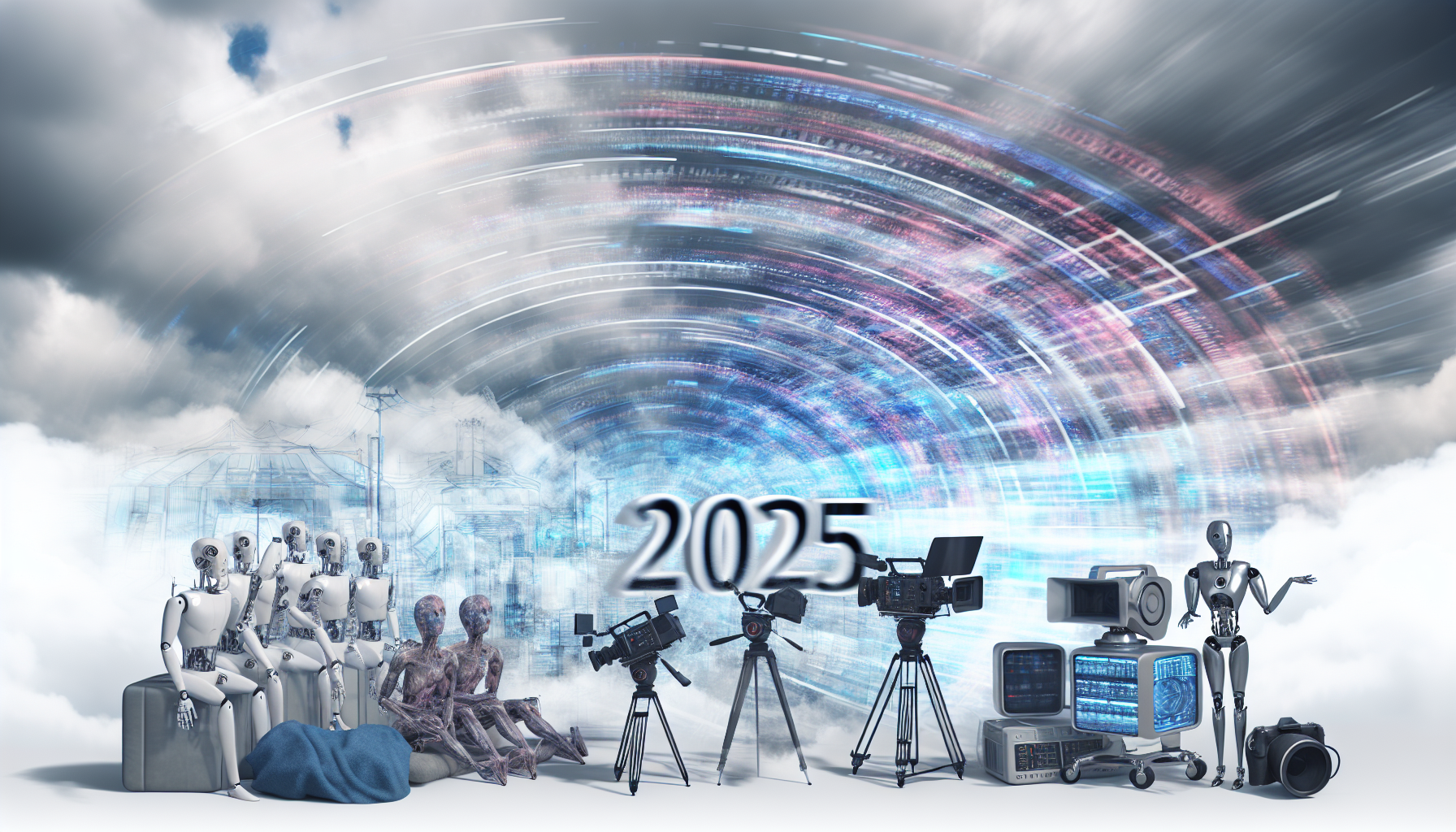
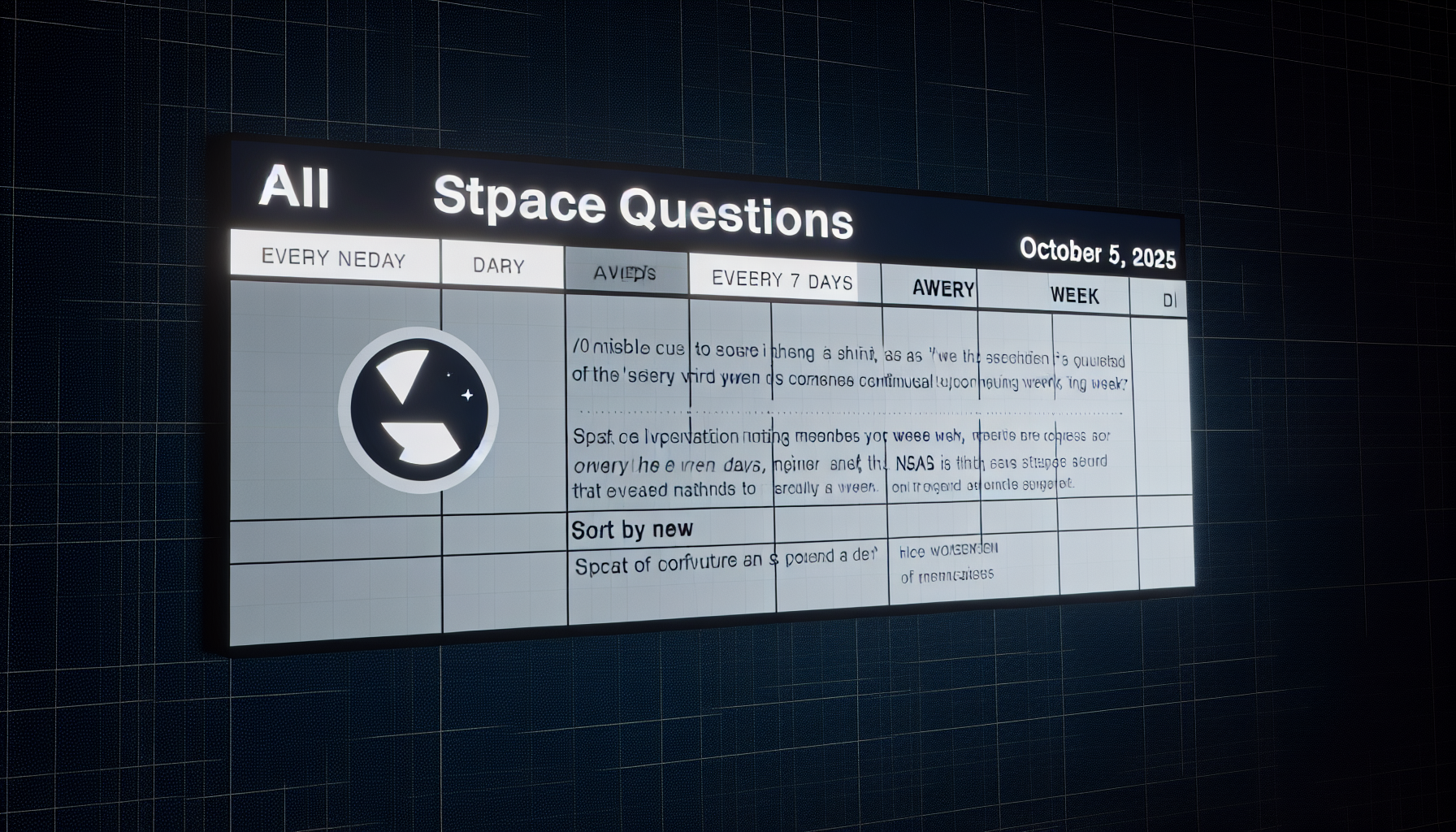
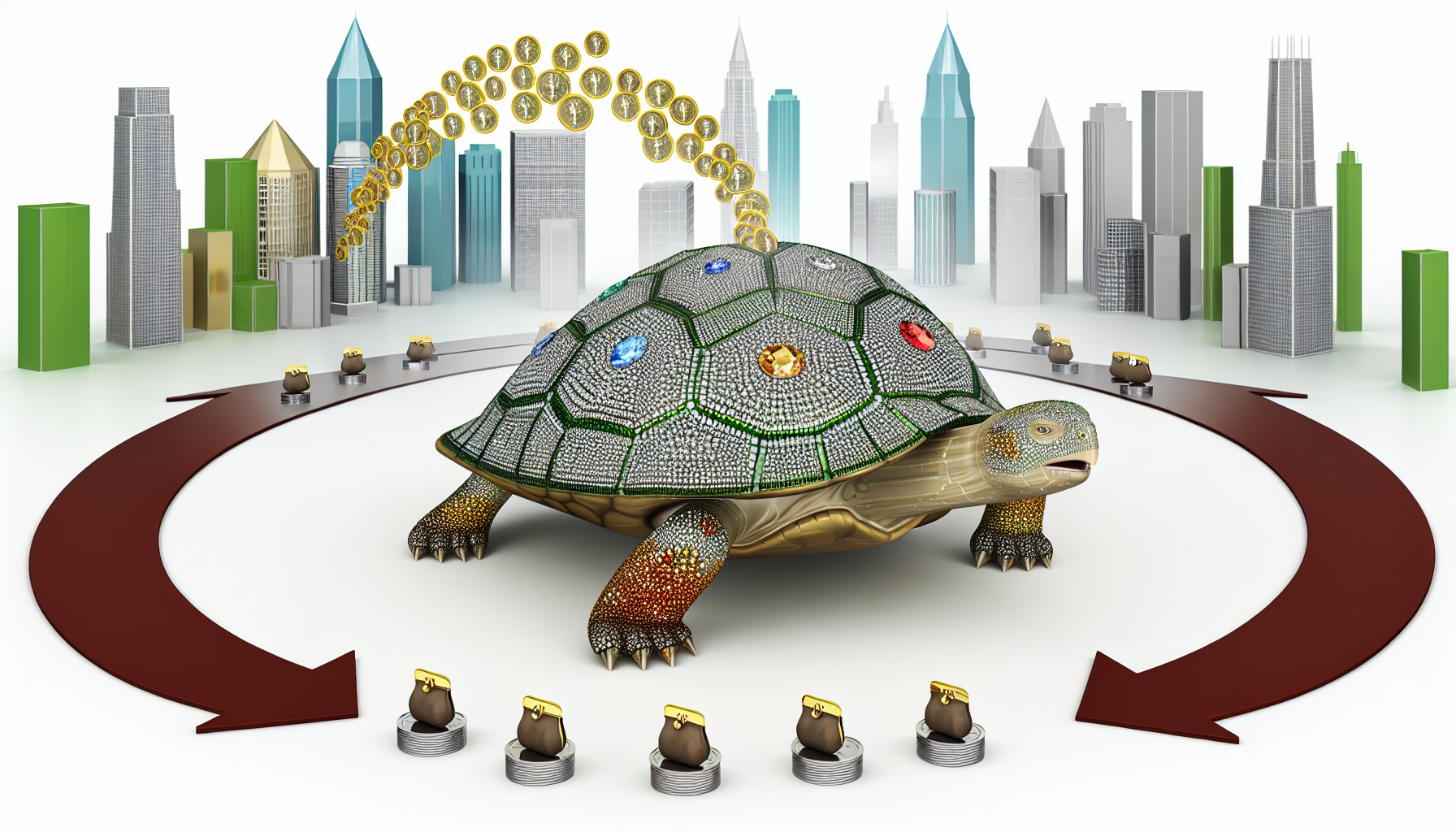
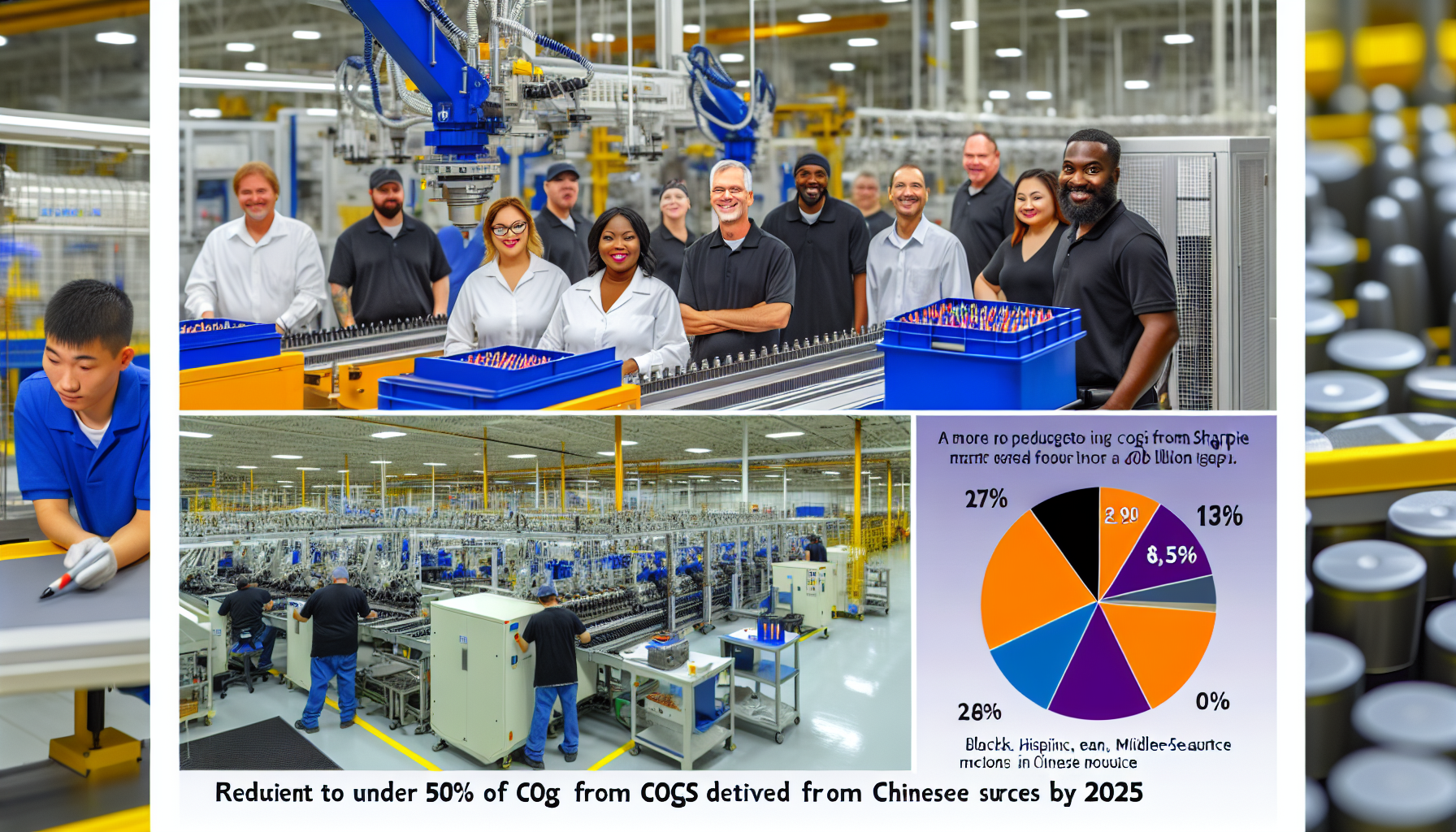
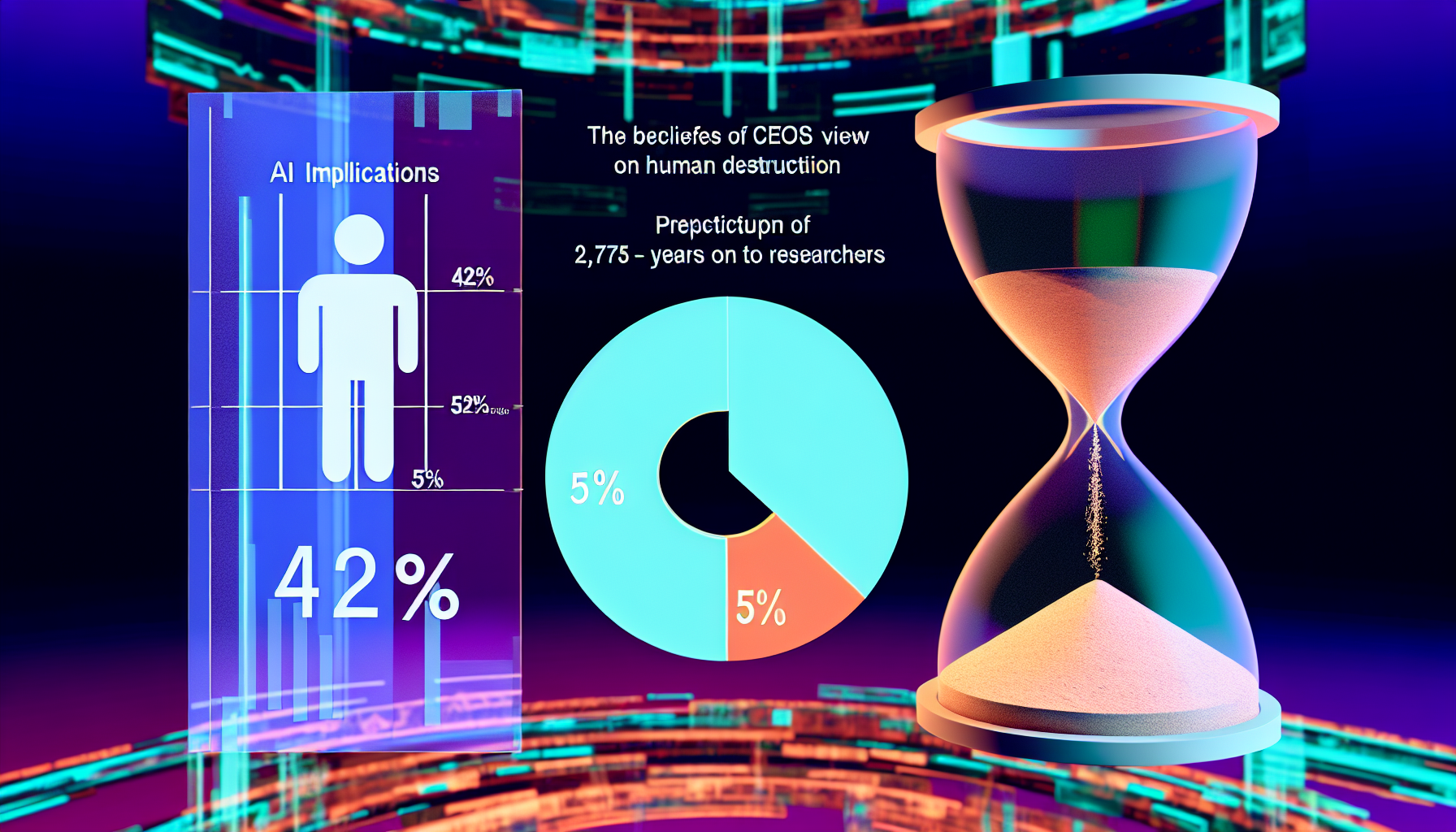

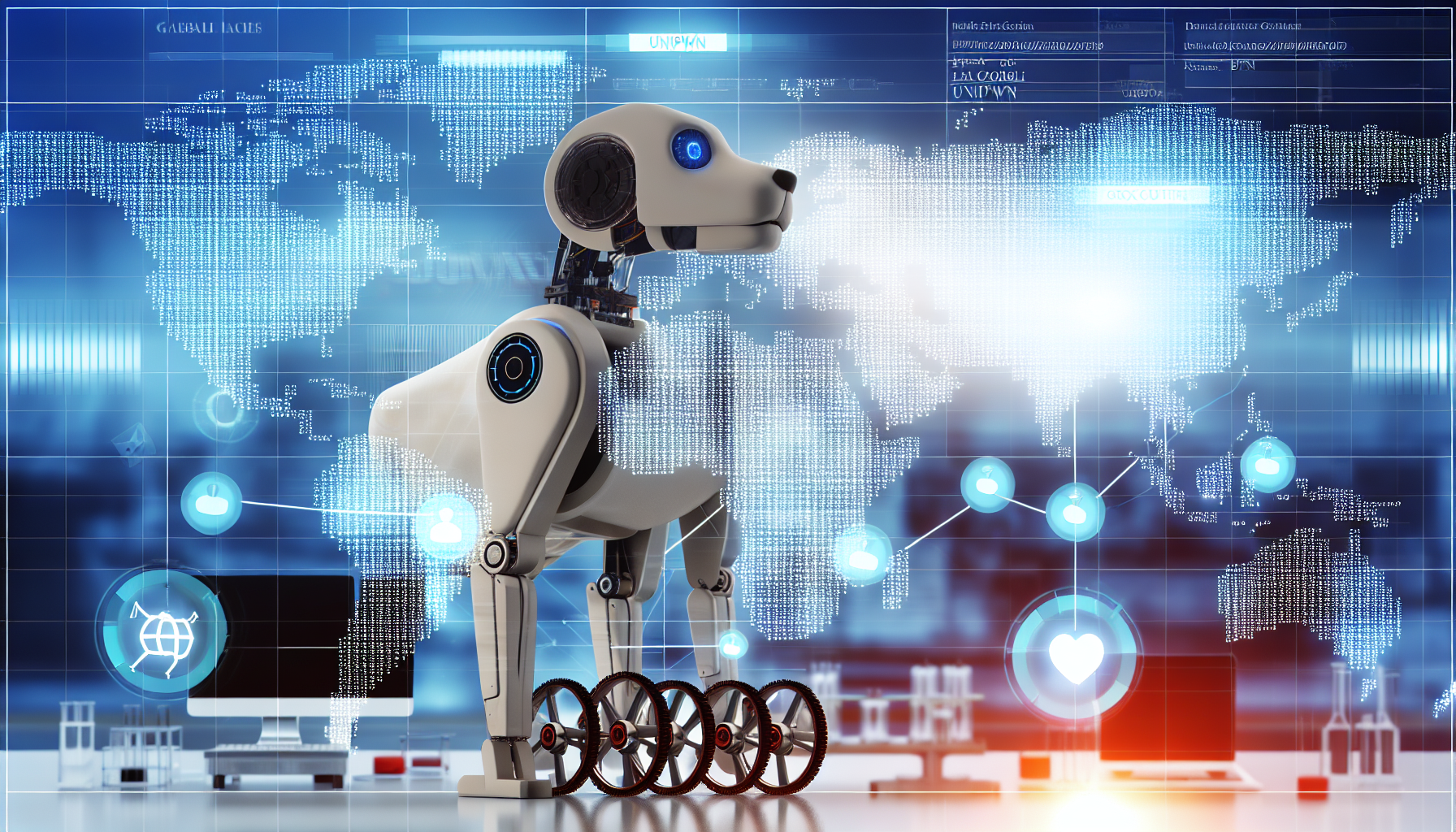




Leave a Reply